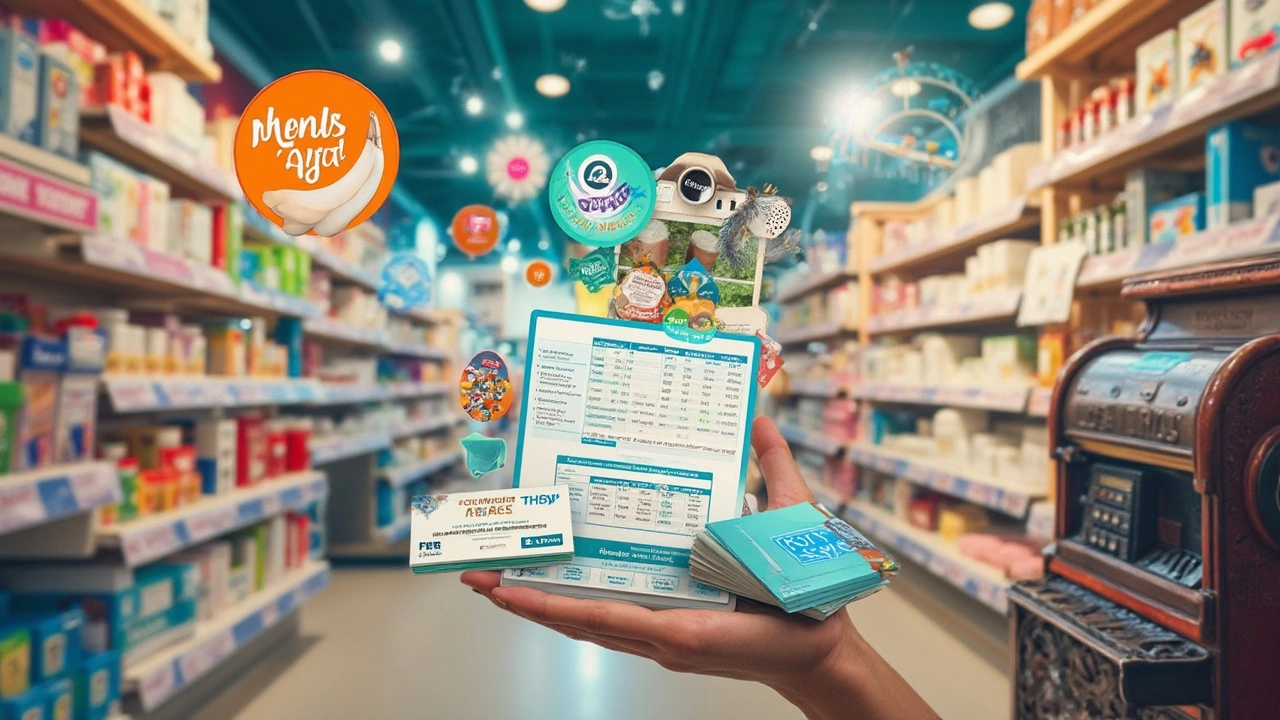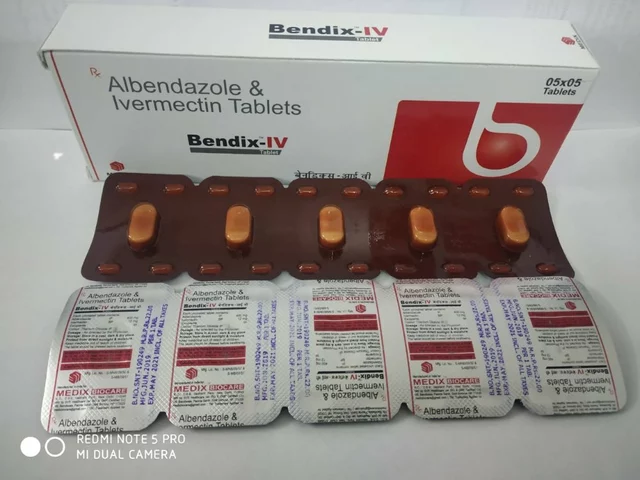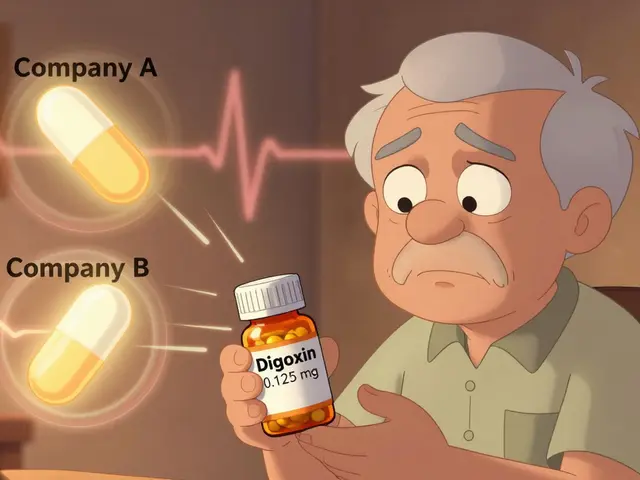Healthcare: Practical Tips, Meds & Safe Online Pharmacy Guide
Healthcare on the web can save you time and money, but it can also confuse you fast. Do you know which medications are safe to order online? This page gives clear, practical advice so you can choose meds, avoid scams, and use supplements wisely.
Start with basics: check the source. Choose pharmacies that require a prescription for prescription drugs, show a real address, and have clear contact details. If a site sells high-strength prescription drugs without asking for a prescription, walk away. Real pharmacies list an address, offer pharmacist contact, and display licensing or verification badges.
Know your medicines. Read the active ingredient, dose, and instructions on the label. Compare generic vs brand names by checking the active ingredient — generics use the same active component at a lower price. Watch for similar names; sound-alike drugs can lead to mistakes. Keep a record of what you take and why, including over-the-counter items and supplements.
Side effects, interactions, and safety
Mind interactions and side effects. Before adding a new medicine or supplement, ask your doctor or pharmacist about interactions with current drugs. For example, common antidepressants can interact with pain meds and raise risks. Report any severe side effects like breathing trouble, fainting, or chest pain to emergency services right away.
Store and handle meds safely. Keep medicines in original containers, away from heat and humidity. Some pills need refrigeration; others lose potency if exposed to sunlight. Keep all medicines out of reach of children and pets. Dispose of expired or unused meds using community take-back programs where possible.
Use supplements carefully. Supplements can help with deficiencies but are not regulated like prescription drugs. Choose supplements from reputable brands that list exact ingredient amounts and third-party testing. Don’t replace prescribed treatments with supplements without medical advice, especially for chronic conditions like diabetes, heart disease, or thyroid problems.
When to act and how to protect your data
Use online resources for basic info and to refill safe prescriptions. But seek a doctor if symptoms are new, severe, or worsening — for example, unexplained weight loss, high fever, chest pain, or sudden shortness of breath. Use telemedicine for follow-up visits or minor concerns, but insist on an in-person exam when needed.
Check shipping times and whether medications require signature on delivery. Read privacy policies to understand how your health data is used. Prefer sites that accept secure payment methods and avoid listings that only accept wire transfers or crypto for prescription drugs.
We want your experience to be straightforward. If you have specific questions about a medication, side effect, or how to choose a supplement, contact our pharmacist team or use our guides to compare drugs and prices.
Quick tips
Quick checks: compare active ingredients and prices across pharmacies, verify expiration dates and lot numbers, ask for generic options, store a list of your medicines on your phone, and set reminders for refills.
Need help?
Contact our pharmacist team through chat or email, upload your prescription securely, and expect an answer about dosing, interactions, and alternatives within one day.

Patent Challenges and Settlements: How Companies Negotiate Entry
Most patent disputes end in settlement, not court. Learn how companies use strategy, leverage, and smart negotiation to resolve patent challenges without costly litigation-and how new tools are changing the game.

Exploring the Best GoodRx Alternatives: A Guide to Finding Prescription Savings
As healthcare costs rise, many are on the hunt for ways to save on prescription medications. While GoodRx is a well-known option, it's not the only one. This article delves into ten alternatives, comparing their pros and cons, to help you find effective ways to lower medication costs. From digital apps to pharmacy loyalty programs, readers will discover diverse avenues to save money.
Categories
- Medications (70)
- Health and Medicine (61)
- Health and Wellness (36)
- Online Pharmacy Guides (16)
- Nutrition and Supplements (9)
- Parenting and Family (3)
- Environment and Conservation (2)
- healthcare (2)
- prescription savings (1)
Popular Articles



